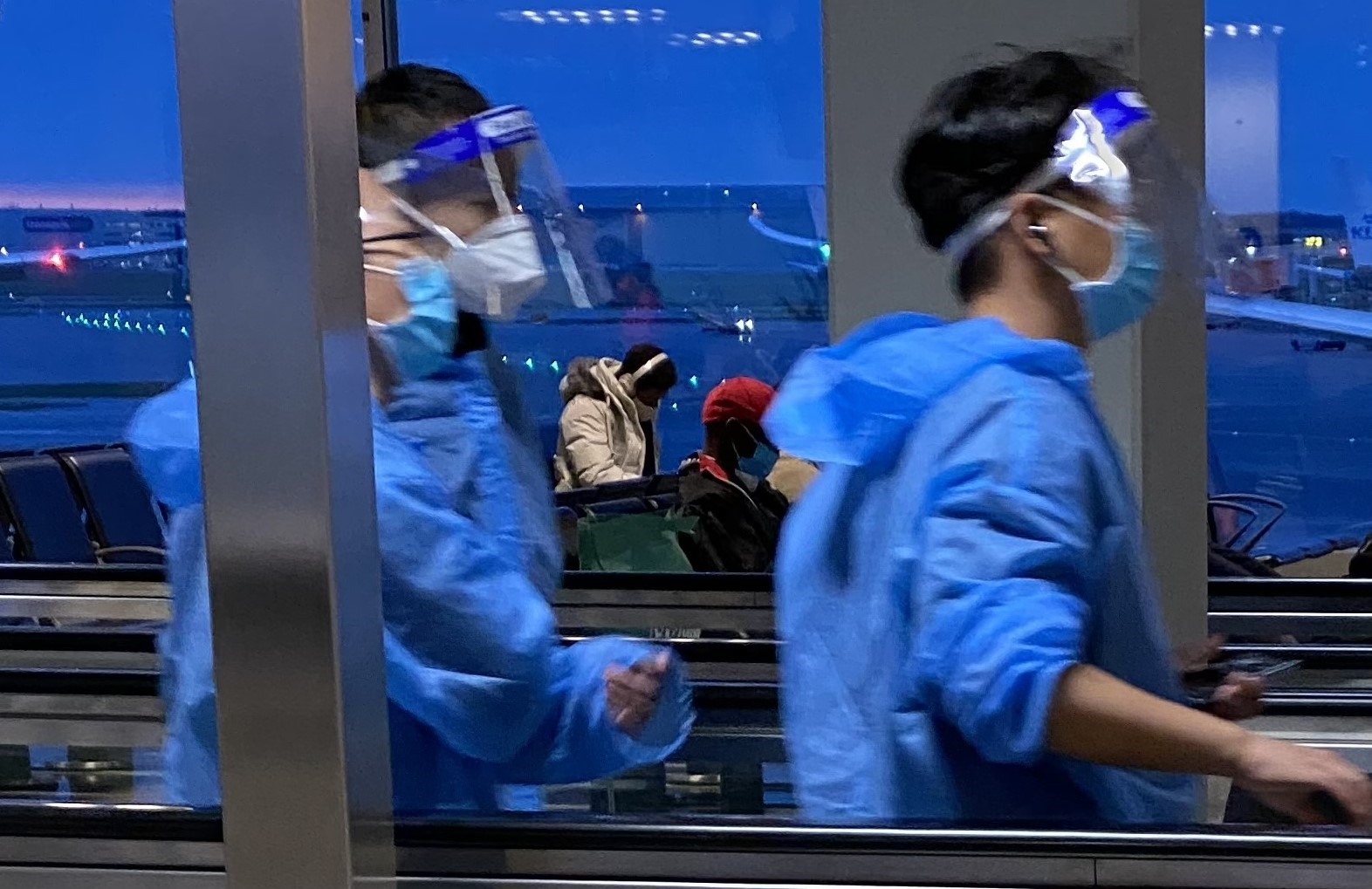
Gratitude Revolution: The Negative Impact of an Empathy-Focused Leadership Strategy
Young leaders deserve our support and our empathy, right? After all, many in leadership development say we’re in an Era of Exponential Progress. The challenges seem daunting:
- Navigating the uncertainty caused by global economic chaos;
- Dealing with complex cultural and moral shifts; and,
- Staying relevant in a robotic world & competing with AI celebrities, like ChatGPT.
Do you hear the same concerns with your leaders?
Pressed for time? Listen to an Audio Recording of the Article. 
To complicate matters, the Mighty Media Machine fuels a Fear Pandemic. While traveling through Amsterdam during the Covid-19 pandemic, I caught this scene. It’s a bit dramatic. Yet I wonder how many of your employees and leaders still feel like this – stressed and fearful. (Read more about the Fear Pandemic in this article here.)
Now, you find yourself grappling with stress and fear at all levels, from board rooms to break rooms. Sometimes the stress/fear shows up as emotional distress, anxiety, and depression. Other times it shows up as anger, irritability, and lack of resilience. Still other times, it reveals itself as toxic criticizing, condemning, and complaining.
Unsure of what to do, many leaders choose an empathy-focused leadership approach when dealing with these behaviors. But this strategy often backfires. It’s the Empathy Trap.
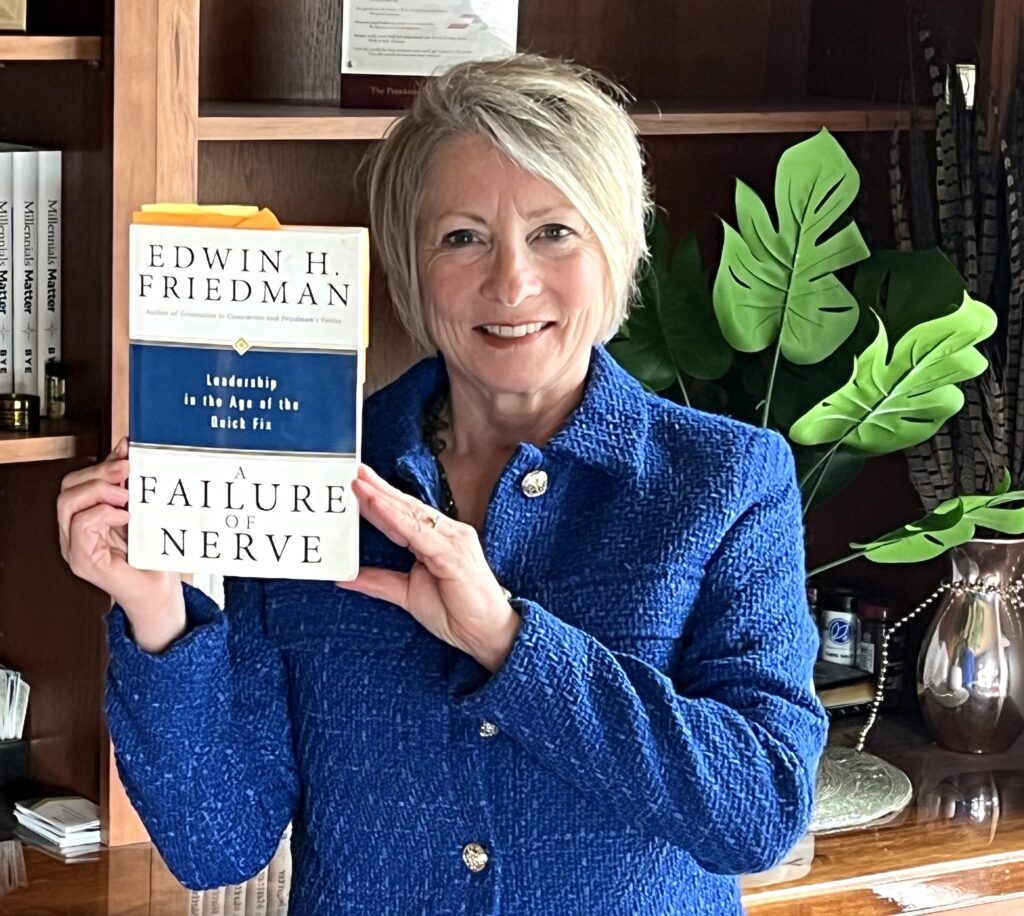
Let’s take a closer look at his warning.
How Empathy Can Sabotage Effective Leadership
Understanding your team members is undoubtedly important. Yet, too much empathy can lead to enabling excuses for poor performance.
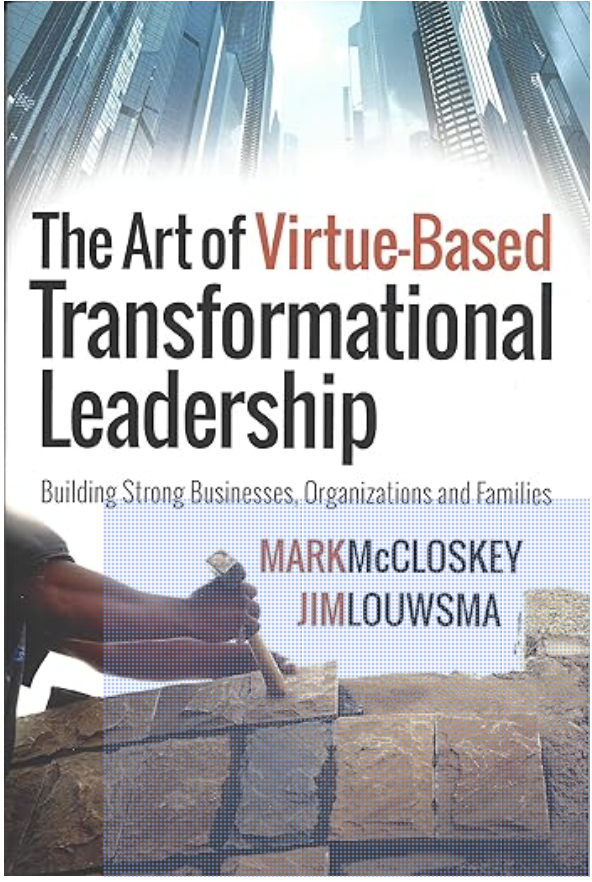
- Casting vision: You lose focus – struggling to cast a positive, hopeful picture of the future;
- Strategy formation: Your perspective suffers and you can’t visualize the steps needed to move forward wisely.
- Aligning resources: You have a tough time aligning people to execute.
- Motivation: Your teams lack the grit and determination to overcome major hurdles. The Can Do mindset is missing.
Here’s how David Geurin, author of Future Driven: Will your Students Thrive in an Unpredictable World, processes Friedman’s concept of “too much empathy”:
“I recently finished reading A Failure of Nerve: Leadership in the Age of the Quick Fix by Edwin Friedman. The author shared several leadership insights that were helpful to me or at least pushed my thinking.
But one of his positions knocked me back just a little. He builds a case that supports personal responsibility and rails against empathy. I was nodding my head on the personal responsibility ideas but was somewhat puzzled by the anti-empathy ideas.
Friedman sets forth that empathy is a force that results in a lack of proper relational boundaries. He says empathy deprives organizations of progress and shifts power to the least emotionally healthy members. He says that empathy enables poor behavior and results in a failure to expect the least emotionally healthy members of an organization, family, or relationship to grow.
Those all seemed like bold claims to me. I generally view empathy as a good thing, a really good thing. But as I studied his position more carefully and reflected on the many examples he provided, I could also relate to how empathy gone too far can result in enabling dynamics.
Or, taking empathy too far might result in me sacrificing my principles, beliefs, or convictions to soothe or satisfy another person’s emotions or ideas.”
The Negative Impact of an Empathy-Focused Leadership Strategy
Here is Fred’s story…
Fred is the founder of an engineering company. He calls me, confessing that he’s overwhelmed, struggling to manage his Next-Gen team of engineering leaders. The company isn’t growing like it needs to grow. He’s tried everything. The company is stuck.
Despite his best intentions, Fred is caught in a cycle of underperformance. His team is stuck and he is unable to inspire change.
He rattles off a list of challenges. The team leaders:
- bail out on difficult projects too often;
- take the road of least resistance;
- disengage, focusing on social media more often than the task;
- struggle with sticking to their plans to improve their performance.
“In short,” he said, “they have ZERO Can-Do spirit!”
When I asked him if there’s lots of complaining, condemning, and criticizing, he sighs, “How do I get them back on track, Danita?! I understand their frustrations and fears. I don’t want to be too harsh!”
Fred’s last comment is revealing…
Fred is choosing to empathize…and he’s getting caught in the Empathy Trap. Instead, he needs to focus on cultivating a Can-Do mindset within his team.
Rather than dwelling on the negatives, I invite Fred to start coaching gratitude. I can sense that this strategy takes him by surprise!
Of course, Fred and I both know this wasn’t going to be easy or happen overnight. It requires consistent effort and a willingness to challenge old beliefs. He gets to change his leadership behavior to spark a growth mindset in his engineering leaders.
By coaching gratitude, your teams can grow a Can-Do Mindset. Let’s learn about how Fred and his team began a remarkable transformation.
Coach Gratitude: Be part of the Gratitude Revolution
The too-much-empathy approach feeds a toxic Criticize, Condemn, and Complain (CCC) Culture. Notice the word – feeds.
Fred’s team is in desperate need of an antidote.
Gratitude.
It’s gratitude that fuels a Growth Mindset.
Here are 2 Action Steps we discussed…action steps to spark a growth-oriented, Can-Do Mindset in his teams:
- Ask the Impossible Question
- Use 2 X 2 Aptitude vs. Attitude Coaching Guide
Step #1: Ask The Impossible Question

“Don’t criticize, condemn or complain. Constantly criticizing, condemning, and complaining is what breaks most relationships. Instead of criticizing and condemning, figure out how you can solve the problem together. Instead of focusing on blaming the other person for what they did wrong, focus on how you can avoid the problem next time.”
What a powerful idea – let’s figure out how to solve the problem together!
I invite Fred to consider asking three questions when he hears someone CCCing:
- What would be impossible to do, but if it happened, would be incredible?
- What would make it possible?
- How might you need to change to make it happen?
These questions don’t seem impressive, but they start to activate gratitude juices. New neuro synapsis begins to happen. Instead of wallowing in criticizing, condemning, and complaining, these questions reframe the challenges as opportunities for growth.
By focusing on questions that spark gratitude, Fred and his team are:
- Acknowledging their fears and reframing them as opportunities.
- Cultivating a sense of resilience and optimism.
- Recognizing the abundant resources (both internal and external) available to them.
Additional Resource:
Here’s another powerful question to expand your leadership influence, “What might I do to make a positive difference?”
NOTE: To learn more the secret power of every word in this question, check out this free eBook:
5 Success Mindsets to Create Breakthrough Results
Step #2: Use the 2 X 2 Aptitude/Attitude Coaching Guide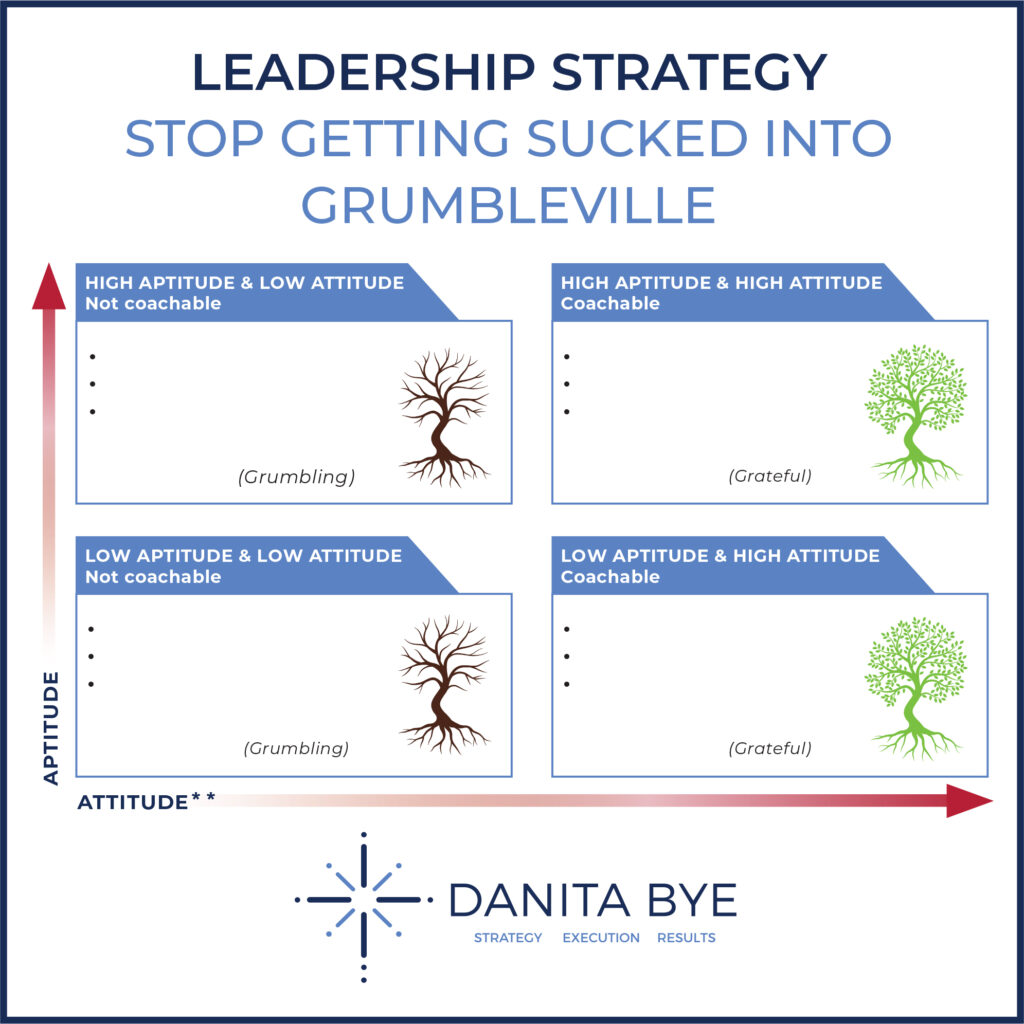
Then, I show Fred a powerful 2 X 2 leadership matrix – The Aptitude vs. Attitude Coaching Guide.
To shift from an empathy-based strategy to a Can-Do, growth mindset, Fred uses this tool to:
- Chart who is gratefulness motivated, and who’s a grumbler;
- Gain clarity on who has a CanDo mindset and who doesn’t;
- Formulate leadership development conversations, i.e. how his engineering leaders can move from one quadrant to another;
- Develop a tailored coaching strategy for each team member,
The Aptitude vs. Attitude Coaching Guide protects you from falling into the Empathy Trap.
A Practical Tool: Learn more about how to use this tool for your team: A Leadership Strategy to Stop Getting Sucked into Grumbleville (Aptitude/Attitude 2 X 2 Framework)
Fred and his team are not only transforming their thoughts but also their behavior, paving the way for a brighter future.
Gratitude – the Antidote to an Unproductive Empathy-Based Leadership Strategy
Fred prioritized empathy in dealing with the challenges his Millennials faced. The result? He got drawn into stress and fear-based behavior. He didn’t realize that he was feeding the Criticize, Condemn, and Complain Culture. He didn’t know how to get unstuck and the prized Can Do Mindset needed in a growth organization.
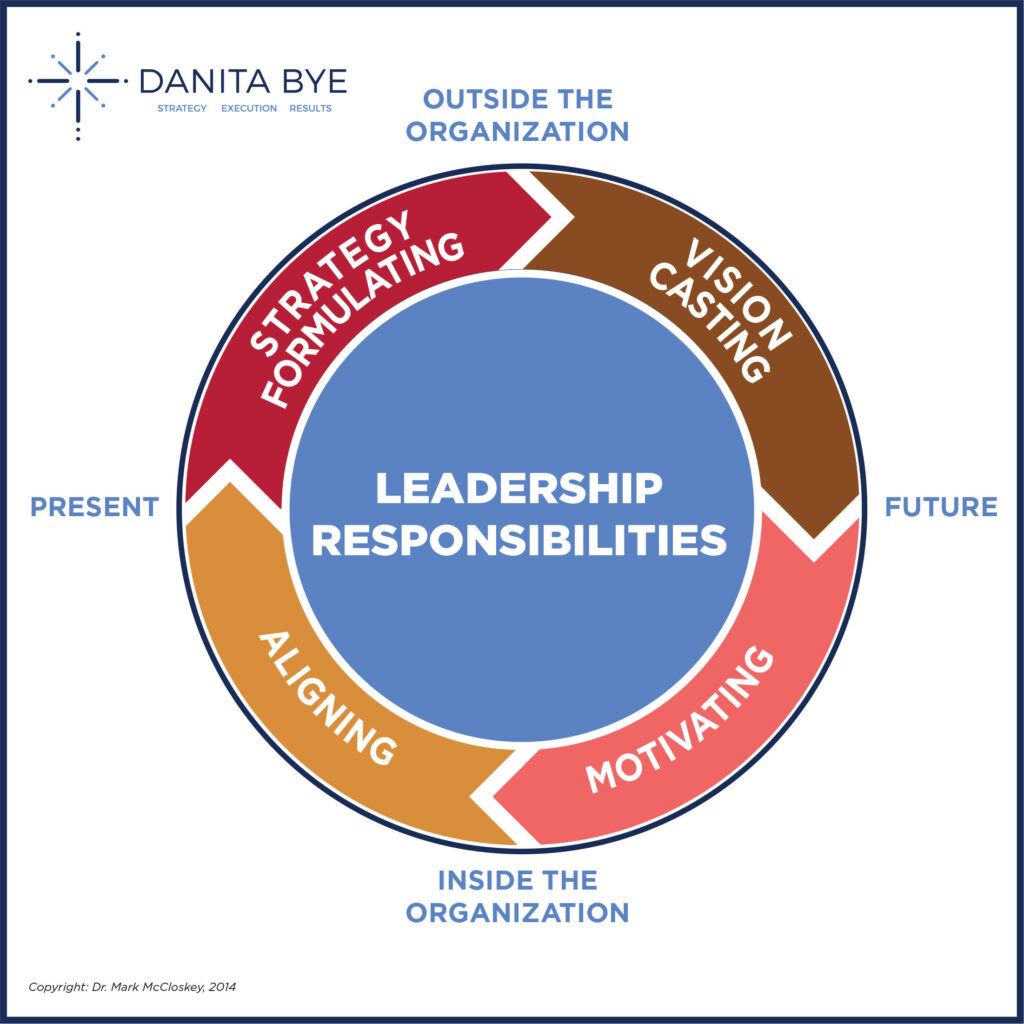
- providing a compelling vision for the future,
- formulate strategies that got traction,
- align resources properly, and
- motivate the team.
No wonder Fred was overwhelmed.
What about you? Do you find yourself in the Empathy Trap – too much empathy?
By coaching gratitude, you can grow a Can-Do Mindset in those you lead:
- Ask the Impossible Question
- Use the 2 X 2 Aptitude/Attitude Coaching Guide
I believe a new level of leadership grows from a new level of gratitude.
Additional Resource:
- For more insights and action steps on growing a Can-Do Mindset in your team, I invite you to read this article here. How the Power Of Gratitude in Leadership Development Impacts Our Brains and Business
- This article was posted in my recent Newsletter. Get a copy, there are more resources available here.
Gratitude Leadership Influence Lesson: Switch from an Empathy-Focused Leadership strategy to coaching gratitude – the antidote to the Criticize, Condemn, and Complain Culture.
Gratitude Leadership Influence Question: How might you use gratitude to grow a Can-Do Mindset in your Next-Gen Leaders?
Copyright 2024, Danita Bye. All rights reserved.
Want to read the Gratitude Revolution Series from the beginning? Here is a list of the articles so far:
The Gratitude Revolution – Transforming Leadership Strategy with a Can-Do Mindset
Blue Zone Leadership: Expanding Leadership Influence with Gratitude
Let’s discuss a tailor-made interview to meet your audience’s needs.
Virtual speaking event? No problem!
Check out my Speaker page HERE.
To schedule, a call contact me at danita@danitabye.com



No Comments